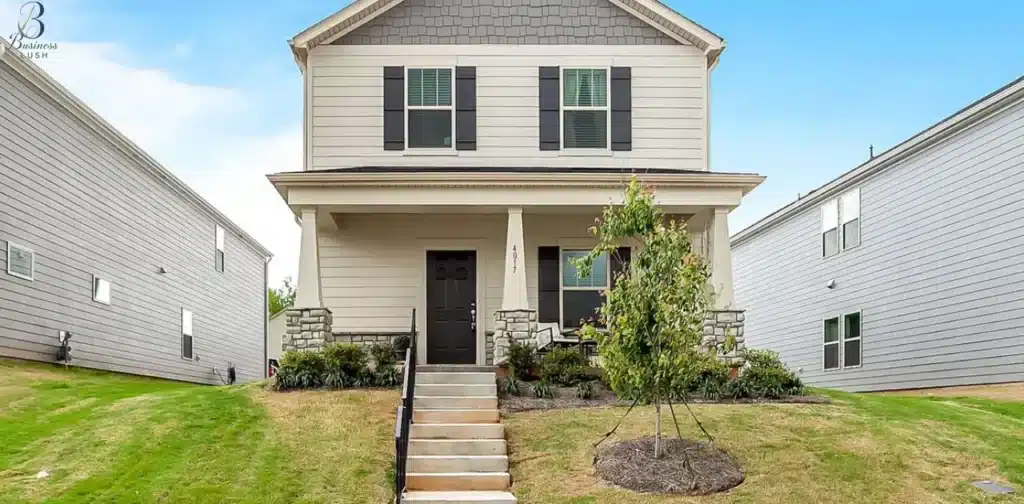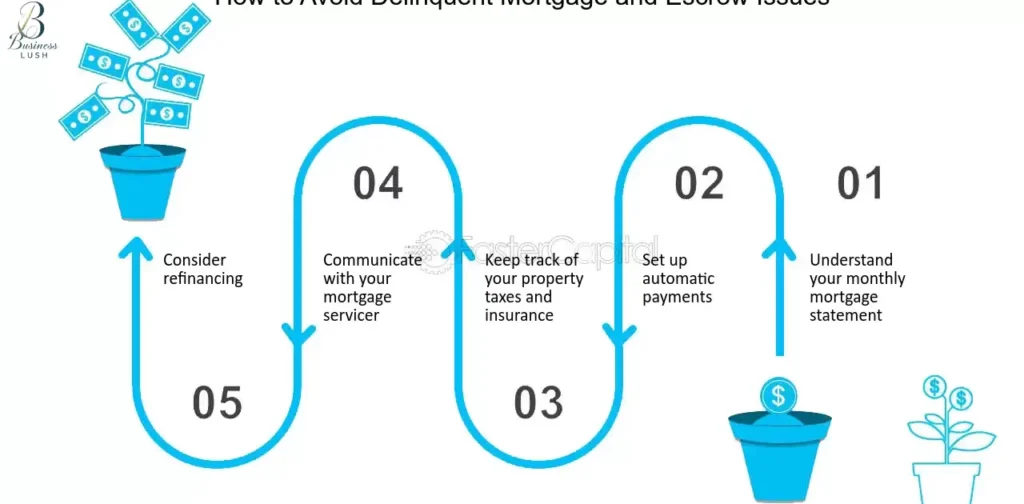In the world of real estate COE stands for “Close of Escrow.” This term marks the final stage of a property transaction where ownership officially changes hands. During COE all necessary documents are signed funds are disbursed and keys are handed over to the new owner.
COE is a pivotal moment for both buyers and sellers. For buyers it signifies the end of their home search journey and the beginning of homeownership. Sellers on the other hand see COE as the successful completion of their property sale moving them into the next phase of their lives.
Understanding COE is crucial for a smooth real estate experience. It is the point where all the hard work negotiation and paperwork culminate. Whether you are buying or selling, COE ensures that property ownership is transferred legally and confidently.
What Happens During the COE Real Estate Process?
During the Close of Escrow (COE) process in real estate several key steps unfold. First all necessary documents are carefully reviewed and signed by both the buyer and seller. Funds including the sale proceeds and any deposits are then dispersed appropriately.
Once documents are signed and funds are transferred ownership of the property officially changes hands. The buyer receives the keys to their new home marking the completion of the transaction. Any outstanding balances or liens on the property are settled during this stage ensuring a clean transfer of ownership.
Is There a Difference Between Closing Date and Close of Escrow?
The closing date is the scheduled day for finalizing a real estate transaction, while the Close of Escrow (COE) is the specific event when ownership transfer is completed. Here’s a comparison:
| Aspect | Closing Date | Close of Escrow (COE) |
| Definition | Scheduled day for transaction finalization | Specific event of ownership transfer |
| Timing | Targeted date set in agreement | Event occurs when all requirements met |
| Significance | Marks expected completion | Official transfer of property ownership |
| Key Actions | Finalize agreements, funding secured | Sign documents, disburse funds, exchange keys |
| Legal Implications | Agreement date | Ownership transfer date |
Your Solution to Selling Your House in Denver, CO On Your Terms

Selling your house in Denver CO can be stress-free with the right approach. Firstly consider setting your terms by determining your ideal timeline and price. This allows you to have control over the process and ensures your needs are met.
Next partner with a reputable real estate agent who understands the Denver market. They can help you navigate negotiations market your property effectively and attract the right buyers. With their expertise you can maximize your selling potential while staying true to your terms.
Consider alternative selling options such as cash buyers or companies that specialize in buying homes directly. These options offer flexibility and convenience allowing you to sell your house on your terms without the hassle of traditional listings.
More Scintillating Articles About Real Estate
Dive deeper into the world of real estate with articles that cover a wide range of topics. From expert tips on home buying and selling to insights into market trends and investment strategies there is something for everyone interested in real estate.
Explore articles on maximizing curb appeal navigating the escrow process understanding mortgage options and much more. If you are a first time homebuyer or a seasoned investor these articles offer valuable information to help you make informed decisions in the real estate market.
What happens during escrow works at the close of escrow?
During the close of escrow, several critical tasks are completed to finalize the real estate transaction. Firstly, the escrow officer ensures that all required documents are signed by both parties, including the deed and any loan documents.
Then, funds are disbursed appropriately with the buyer is funds covering the purchase price and the seller receiving the proceeds from the sale.
The escrow officer facilitates the transfer of legal ownership by recording the deed with the appropriate government entity. Once these steps are completed the keys to the property are handed over to the buyer marking the official close of escrow and the successful transfer of ownership.
What happens after closing the two escrow accounts?
After closing the two escrow accounts several important steps occur to wrap up the real estate transaction. The escrow officer ensures that all funds and documents are disbursed correctly. This includes transferring the sale proceeds to the seller and any remaining deposits to the appropriate parties.
Next, the keys to the property are exchanged between the buyer and seller officially granting the buyer access to their new home. The buyer typically contacts utility companies to transfer services into their name ensuring a smooth transition into their new property.
The possession date specified in the purchase agreement comes into effect allowing the buyer to officially take occupancy of the property. With the close of escrow complete both parties can move forward confidently into their respective next steps.
Possible Problems That Could Occur At The Close Of Escrow?

Several potential problems may arise at the close of escrow causing delays or complications in the real estate transaction. Documentation errors such as incorrect legal descriptions or missing signatures, can halt the process until these issues are resolved.
Funding delays from the buyer’s lender or issues with wire transfers can postpone the close of escrow.Unexpected title issues such as liens or encumbrances on the property, may arise, requiring resolution before the transaction can proceed.
Last minute repairs or negotiations can also cause delays if the final walk-through reveals issues that need to be addressed before closing. Being prepared for these potential problems and working closely with experienced professionals can help mitigate risks and ensure a smoother close of escrow process.
Frequently Asked Questions
What does COE stand for in real estate?
COE stands for “Close of Escrow,” marking the final stage of a real estate transaction.
What is the difference between the closing date and Close of Escrow?
The closing date is the scheduled day for finalizing the transaction while the Close of Escrow is the specific event when ownership transfer is completed.
What documents are involved in the COE process?
Common documents include the deed loan documents settlement statements title documents and various disclosures and addendums.
Can the COE be delayed or extended?
Yes, delays can occur due to issues with financing unexpected repairs title problems or missed contingency deadlines.
What happens after the COE is complete?
Funds and documents are disbursed keys are exchanged utility transfers are arranged and the buyer can prepare to move into their new home.
Are there consequences for not meeting the COE deadline?
Yes, consequences may include the loss of earnest money deposits potential legal action or the cancellation of the real estate transaction.
Conclusion
The Close of Escrow (COE) is a critical milestone in the real estate transaction process, marking the official transfer of property ownership. Understanding the significance of COE and being prepared for its intricacies can help both buyers and sellers navigate the process with confidence.
By addressing common concerns, such as potential problems and frequently asked questions individuals can approach the COE process with clarity and assurance. With careful planning collaboration with professionals, and a clear understanding of roles and responsibilities.
The COE can be a smooth and successful event, facilitating a seamless transition for all parties involved in the real estate transaction.







